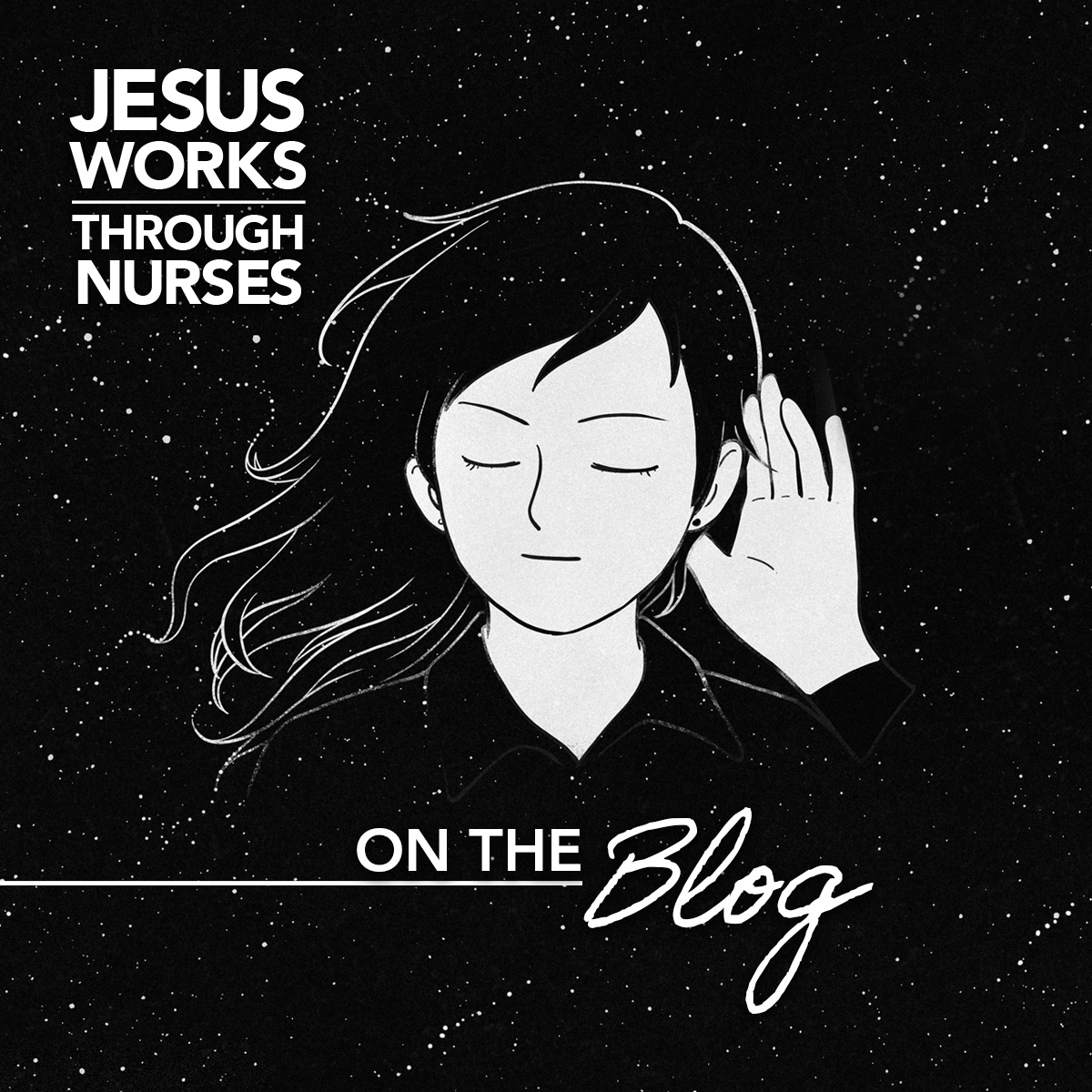 There are “divine” times in our nursing work that take away our breath. I had such an encounter in a burn unit in North Carolina when I was assigned to care for Doug*, a 53-year-old man who looked 80. Doug was the first patient I cared for with necrotizing fasciitis. His unbearable discomfort caused him to tense up, scream in pain, and speak harshly with whoever was caring for him. IV morphine seemed to do little to ease his pain. Three times a day we performed extensive dressing changes.
There are “divine” times in our nursing work that take away our breath. I had such an encounter in a burn unit in North Carolina when I was assigned to care for Doug*, a 53-year-old man who looked 80. Doug was the first patient I cared for with necrotizing fasciitis. His unbearable discomfort caused him to tense up, scream in pain, and speak harshly with whoever was caring for him. IV morphine seemed to do little to ease his pain. Three times a day we performed extensive dressing changes.
When I changed his dressing the first time, I felt as if I had stepped into an autopsy. I could see entire muscle groups, tendons, fascia, testicles, and more. Doug was difficult, lashing out at nursing staff because of his pain. Despite his situation, however, Doug and I hit it off. Other unit staff noticed, so whenever I worked, I was assigned to care for him. Throughout my 12-hour shifts, I checked on him often and he talked about how he’d started using drugs as a young teen.
During the long dressing changes, we also talked about Doug's spiritual beliefs. He said his mother was his only family; she faithfully attended church. She had persistently asked Doug to go with her. Doug said it didn't seem important to go to church, but he believed there was a God and that Jesus was real.
In light of this faith background, I’d offer to pray for Doug. He always politely said, “No.” Finally, one day I respectfully asked, “Doug, why do you resist prayer?” He replied with a scowl, “There's this man who bought drugs from me and never paid me my money. I want to settle the score before I think about church and God.” I gently reminded him vengeance wasn't a worthy trade for his soul.
When Doug was moved to a step-down unit to open a critical care bed for an incoming patient, I continued to visit and encourage him. One night at home, I prayed for Doug. Around 2:00 a.m., I woke from a disturbing dream--I saw a bare-footed Doug in his pale blue hospital gown, looking at me. He was thinking, “My pride kept me from letting you pray with me.”
Two days later I returned to work and I headed for Doug's room: it was empty. My heart sank.
In the break room, Tina, a CNA, was on break. She told me, “A couple of nights ago Doug's condition got worse. They brought him back to the burn unit. Doug asked me to call the hospital chaplain.” Amazingly, Doug told Tina he wanted to ask God for mercy because he realized his time to leave this earth was near. The chaplain arrived a few minutes later. They talked for a while and then prayed. With compassion in her eyes, Tina said, “He died that night.”
God broke through Doug's pride and defenses. It would seem Doug made peace with God before he died. I was thrilled!
Nurses have the unique opportunity to listen to our patient's circumstances—past and present—while observing for cues of what they desire for their future. Doug was a difficult patient—his intense physical care was complicated by anger and a challenging personality. It would have been easy to avoid him or think he was “reaping what he had sown.” But Jesus tells us to be careful with our attitudes toward others; to not be scornful or think less of anyone (Matthew 7:1–5, 18:10–14), remembering he shows mercy to all people (Ephesians 2:4–5; Titus 3:5–7). God gives us the opportunity again and again to listen and be merciful to people of all walks of life each time we extend our hands to care for our patients.
* Name changed.
Liz Gwyn, MSN, RN, was a nursing instructor at Winston-Salem State University when she wrote this article published in a 2012 issue of the Journal of Christian Nursing, from which this post is excerpted. She also authored Amazing Stories of Life After Death: True Accounts of Angelic, Afterlife, and Divine Encounters (Charisma House, 2012).